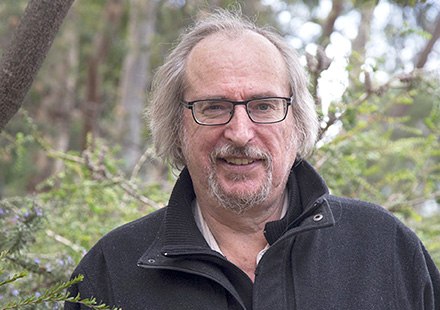So, a peer-reviewed scientific paper, written by Professor James Kirkpatrick, Suyanti Winoto-Lewin and Jenny Sanger from the University of Tasmania’s Discipline of Geography and Spatial Sciences, has been retracted from the MDPI journal Fire. The journal has apologised to its readers. Source: Bruce Mitchell
What does that mean to have an academic peer-reviewed paper retracted by the publisher?
In academic publishing, the goal of peer review is to assess the quality of articles submitted for publication in a scholarly journal. Before an article is deemed appropriate to be published in a peer-reviewed journal, it must undergo the following process:
- The author of the article must submit it to the journal editor who forwards the article to experts in the field. Because the reviewers specialize in the same scholarly area as the author, they are considered the author’s peers (hence “peer review”).
- These impartial reviewers are charged with carefully evaluating the quality of the submitted manuscript.
- The peer reviewers check the manuscript for accuracy and assess the validity of the research methodology and procedures.
- If appropriate, they suggest revisions. If they find the article lacking in scholarly validity and rigor, they reject it.
Because a peer-reviewed journal will not publish articles that fail to meet the standards established for a given discipline, peer-reviewed articles that are accepted for publication exemplify the best research practices in a field.
When a retraction is applied to academic or scholarly publishing, it indicates that an article was withdrawn from the publication in which it appeared after it was published. A retraction is issued through a decision made by the publication’s editorial board.
In a major paper on the subject published by the London School of Economics, Quan-Hoang Vuong – the Director of Centre for Interdisciplinary Social Research at Phenikaa University, Hanoi, Vietnam – said that “no editorial practice in academia can affect an academic reputation as much as a retraction”.
“The stigma is rooted in the fear of every researcher that a retracted article … is like a scar seared into the public profile of an author,”he wrote.
It is quite rightly pointed out that while withdrawing papers, which contain errors or misconduct, helps to keep the literature healthy, researchers, want to avoid retractions at all costs.
Quan-Hoang Vuong points out that retracted papers, no matter how undesirable they are, poke right at the heart of scholarly publishing.
Scientists are humans, and humans are fallible, he says.
“It is unavoidable that … research has its limitations and may be retracted under certain circumstances,” he says.
“When a retraction happens, scientists and editors/publishers alike should cooperate to make the information as detailed and transparent as possible.’’
But what of the damage that may be done should a paper – later retracted – be used to mount an argument for a certain action affecting the entire industry?
And what of the damage when the retracted paper is used by the academics involved as the basis of opinion pieces in major metropolitan and country newspapers to attack other contradictory peer-reviewed papers?
The Greens have used the now retracted paper as the basis of their campaign against the native timber industry.
And the paper did form part of the platform of an opinion article by Professor Kirkpatrick published in The Age and Sydney Morning Herald newspapers in May.
Following this Dr Zylstra and the other scientists, but not Professor Kirkpatrick, published a letter to the editor reiterating these claims that was widely published in Tasmanian and Victorian country newspapers.
In June, an article by Professor Kirkpatrick strongly attacked a peer-reviewed paper on the role of timber harvesting and fire led by Peter Attiwill, a retired Associate Professor from the School of Botany at Melbourne University.
The journal Fire has been applauded for its decisive and honourable action, and Sanger and Winoto-Lewin condemned for their discredited research by a growing list of stakeholders.
This list includes the Institute of Foresters Australia, the Assistant Minister for Agriculture and Water Resources Senator Jonno Duniam, the Tasmanian Minister for Natural Resources Guy Barnett and the Tasmanian Shadow Minister for Resources Shane Broad.
And Professor Attiwill. He, the Institute of Foresters Australia and Mr Barnett, want an apology.
“I’ve never had that personal level of attack in public,” Prof Attiwill said.
He said that to find that attack was based on a now retracted paper was “deeply troubling”.
The silence has, so far, been negligible.






